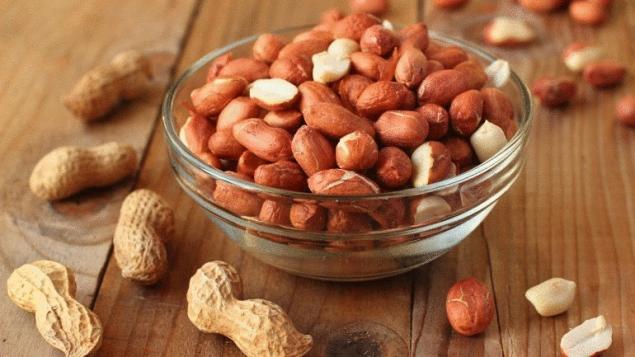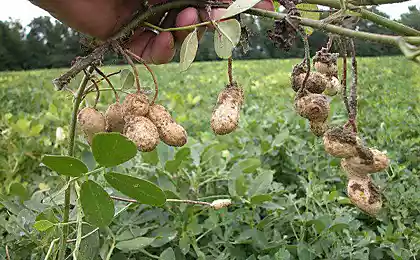527
Found a way to make peanuts safe for Allergy sufferers

Not the first time scientists are trying to find a solution to the problems with allergies people have to peanuts due to the deception of the immune system and forcing it to ignore a certain type of proteins, or through the use of probiotics (beneficial bacteria). But Wade Yang from the University of Florida offers a different approach to solving the problem. Instead of modifying the organism's response within the framework of allergic reactions, the scientist offers to replace the nuts.
Yang, associate Professor of pixelette and nutrition, as well as a member of the Institute of food technologies and agricultural Sciences at the University of Florida offers the use of pulsed light to inactivate proteins within peanuts that are the triggers of allergic reactions. Started about two years ago and using this technique on peanut extract, Yang switched to whole nuts.
This method involves the use of focused UV light pulses generated by the system consists of two xenon bulbs, two fans, cooling the processing chamber with a conveyor belt and a control module. Placed in a cell with band nuts are illuminated with pulses of ultraviolet light, which reduces the allergic potential of proteins Ara h1-h3. In the result of the antibodies of the human body cease to perceive them as allergens.

During the experiments, young was able to inactivate 80 percent of all those present in nuts allergens, however, the scientist is not going to stop there and have set a goal to achieve increased 99.9 percent deactivation. According to Yang, an attempt to inactivate 100 percent of the allergens can lead to the destruction of the texture of nuts, their color, smell, taste and nutritious qualities, and properties. The scientist also notes that if the amount of allergic proteins per single nut can be reduced from 150 mg to 1.5 mg, then they will be safe to eat for 95 percent of the people who have been allergic to nuts.
"This process proves that pulsed light is able to inactivate allergic proteins in walnut, but also shows that pulsed light can significantly reduce the allergic potential of the food product," says Yang.
"A recent study put us one step closer to the actual implementation of this method in production".
Despite the fact that all the successful experiments of young were conducted in the laboratory, he hopes will soon be able to conduct clinical trials on animals and humans. In addition, it should be noted that validation of this method is deactivation of the allergens in a greater degree relied on the work with peanuts, although the method has shown its effectiveness in the case of the protein extracts of soybean, almond and shrimp.
Source: hi-news.ru
The Nymi band uses heart of the user instead of the door key
10 tips to develop a sense of humor kid























